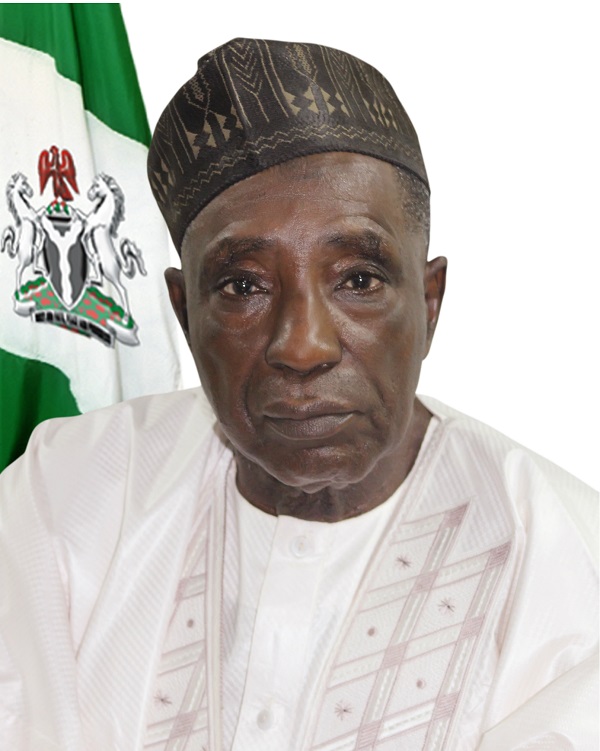
Stakeholders in the agriculture sector have tasked the Federal Government to increase investments in rural infrastructure to open rural farming communities to markets and further reduce the migration of youths to urban centers.
The collectively made the call in a communique issued at the end of the 44th regular meeting of the National Council on Agriculture and Rural Development (NCARD), with the theme ‘Nigeria’s agriculture and food security in the face of COVID-19, floods and insecurity’ held in Abuja under the chairmanship of the Minister of Agriculture and Rural Development, Alhaji Mohammad Sabo Nanono.
The communique also underscored the need for the policy process for food security to be oriented from the traditional notion of food as human need to the contemporary notion of food as a human right.
Other issues raised in the document include the need for agricultural research development and improved food storage in Nigeria to mitigate the pandemics and other natural disasters; the need to revitalize agricultural extension services delivery along the instrument of adopted villages and schools for greater effectiveness; and the need to promote private investment and financing agribusiness value-chains.
Other needs raised include the need to mainstream women and youth into agricultural and rural development programmes for job creation; the need for adoption of a sustainable organization of actors into clusters for building value chain network in addressing common challenges and pursuing common opportunities, and the need for digital agriculture, its challenges and opportunities for food security, improved livelihoods and prosperity in Nigeria.
The communique noted that the council approved the conduct of detailed national survey and soil fertility mapping nationwide in collaboration with the private sector; the draft National Agricultural Extension Policy to be domesticated at state and local government levels; the development and improvement of artisanal fishing in Nigeria especially in Niger Delta states of Akwa Ibom, Rivers, Bayelsa, Cross River, etc., from unimproved subsistence level of fish production.
“The strategies of increasing domestic fish production, mitigating post-harvest losses of fish produce, and reducing fish importation; the conduct of national livestock census and e-registration to re-establish national baseline for livestock population; the national policies for the control of contagious bovine pleuro-pneumonia disease, foot and mouth disease, and African swine fever in Nigeria.
“The domestication and implementation of National Gender Policy in Agriculture; the adoption of remote sensing technology for improved generation of agricultural statistics for policy planning and early warning systems; the FGN support in climate resilience agricultural strategies and PPP agro-industries establishment.
“The mainstreaming of nutrition and food safety into extension and agricultural intervention activities; the proposal for the training of 75,000 extension workers over a period of three years, which would include beneficiaries of N-Power and options of funding strategy which include a proposed 2.5 per cent farmers loan, levies on agricultural products and CBN support; the proposal to revive school farms and Young Farmers Club to encourage youth to venture into farming as a business for sustainable agricultural development,” were some of the issues raised in the communique.
Others salient approvals given were the proposal for utilization of cold store as a storage facility for potato/vegetable (tomato, onion, cabbage, etc.); the establishment of bio-pesticide centre in Nigeria for food security and safety; the establishment of livestock disease free zones/compartments for improved diseases control and facilitation of international trade in animals and animal products.
Also, the proposal for resuscitation of the National Agricultural Data Management and Information System for planning and policy coordination; and the increased funding commitments’ compliance of federal, state and local governments with Maputo/Malabo declaration for meeting the SDG 2 on zero hunger, by allocating a minimum of 10 per cent of annual budget to agriculture, were also approved among others.


